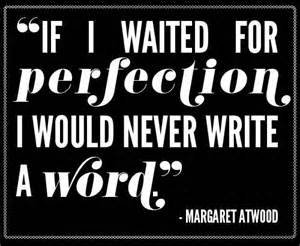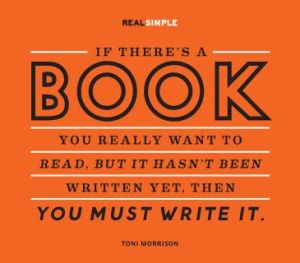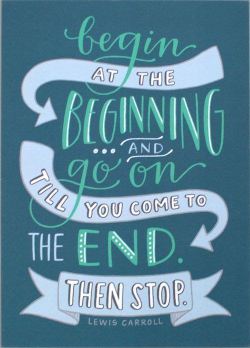When asked what you want to know/learn:
- how to make real, complicated characters readers can get attached to
- how to make the story capture/maintain an audience’s interest
- how to keep the story on track
- how to make the characters relatable
- how to stay on top of the novel, not get distracted, procrastinate
- how to create original characters
- how to come up with an original plot
- how to be a better writer
- how to write without feeling like everything I write is trash
 List the activities involved in writing a book. You said:
List the activities involved in writing a book. You said:
- planning
- struggling
- visualizing
- crying
- being patient
- taking breaks
- being inspired
- editing/chopping off limbs
- proof reading
- reading
- coming up with great ideas
- taking time to sit and think
- being alone
- listening to other people’s opinions
- brainstorming
- reading other books
- not waiting until you feel like it
- being in touch with your inner self
How does a writer become inspired to write? You said:
- lots of caffine
- meditation
- get away from distractions
- when the weather is good, ie. rain
- when people inspire you
- playing music
- addressing your hopes and fears
- focussing
- writing at your best time of day (night for some, early morning for others
- treating yourself for writing
- when real life experience and people inspire you
- when you write in a certain space/creating your “writing room”


